Abandoned Djúpavík Herring Factory
This rusting remnant of the local herring industry is being given a second life.
Getting to the remote Icelandic village of Djúpavík entails traveling miles away from the nearest town on a bumpy, narrow, winding dirt road through a desolate landscape of fjords, sheep, and little else. This isolated village built up around its herring factory, and has risen and fallen with the local fishing industry throughout the 20th century.
The now-abandoned herring processing factory in Djúpavík was the biggest one in Iceland—in fact, the biggest concrete structure in Iceland, period—when it opened in 1935. But that new-and-improved building was actually the second herring factory in the village, which was first settled in 1917 around the fishing industry, but abandoned when business slowed.
The new factory opened in 1935, fitted with all the latest modern equipment for processing herring. But when the staff of around 300 moved to the sleepy village to work in the impressive factory, they were surprised by the surrounding town’s complete lack of churches, police, or even a mayor. Over the next several years, a town was built up around the factory. But by the late 1940s, the herring were all but gone from Húnaflói bay, and the factory folded in 1954. The town of Djúpavík was abandoned by 1968.
Then in 1985, Eva Sigurbjörnsdóttir and her husband Ásbjörn Þorgilsson became the village’s only year-round residents. They turned the former women’s quarters into a hotel, and began refurbishing the old factory and other buildings.
Hotel Djúpavík now offers tours through the giant, rusting old factory. Today the space features artworks and installations, and hosts “the Factory” every summer, an event with concerts, events, and exhibitions with works from artists around the world. In 2006, Sigur Rós played an intimate show there for a crowd of 300 people who made the trek out to Djúpavík.
Know Before You Go
You will need a car to get to Djúpavík on the bumpy, pothole-filled, narrow, and winding dirt road that oftentimes hair-raisingly hugs the cliffs. The road is closed in winter months. The factory tour requires navigating uneven ground and climbing stairs.

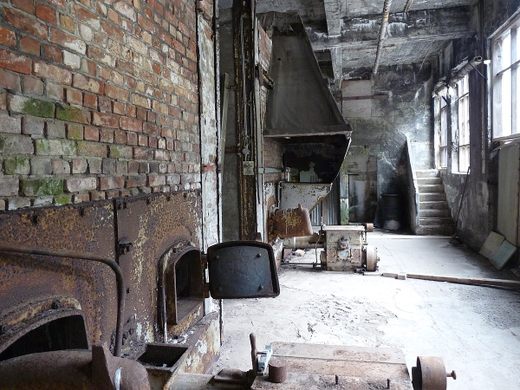




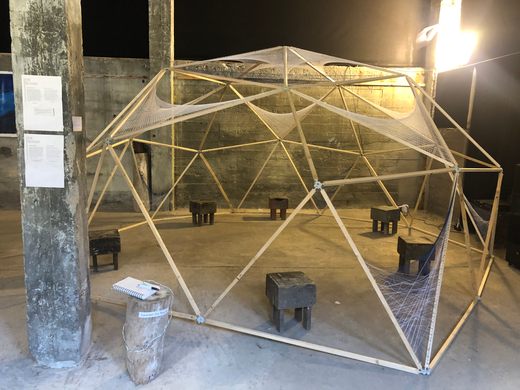



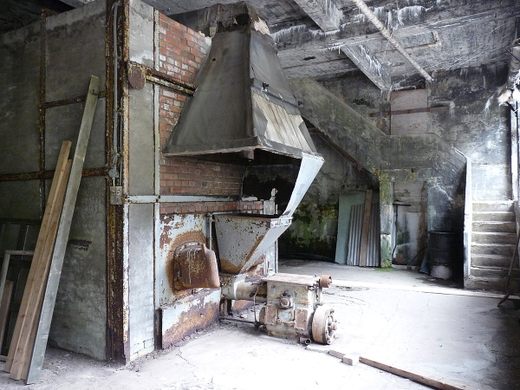
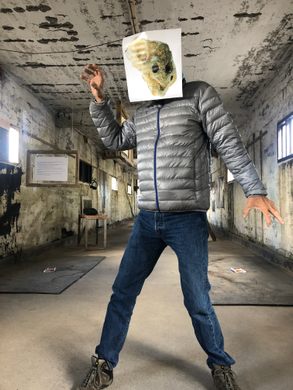
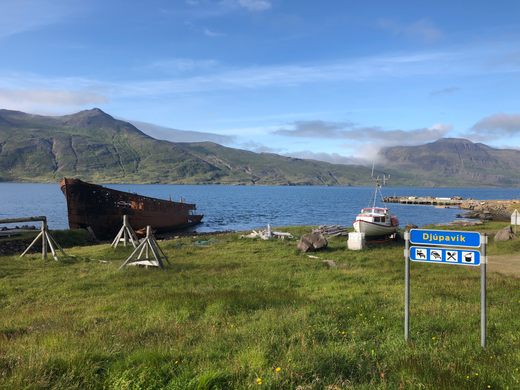
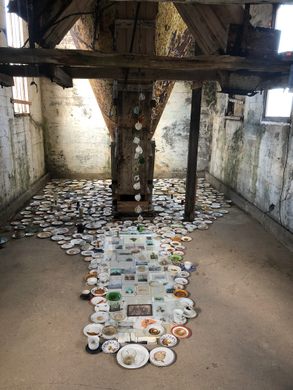
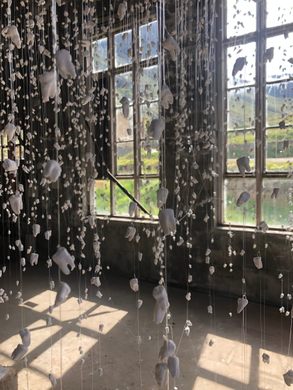




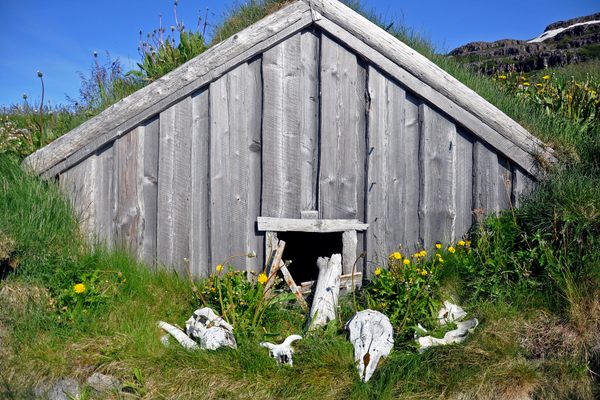




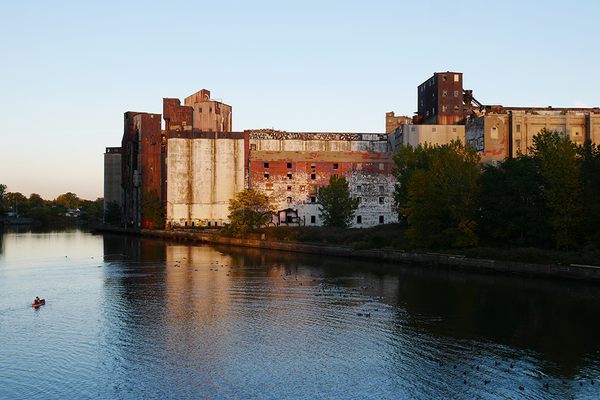



Follow us on Twitter to get the latest on the world's hidden wonders.
Like us on Facebook to get the latest on the world's hidden wonders.
Follow us on Twitter Like us on Facebook